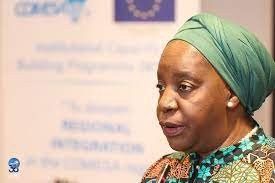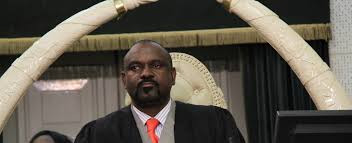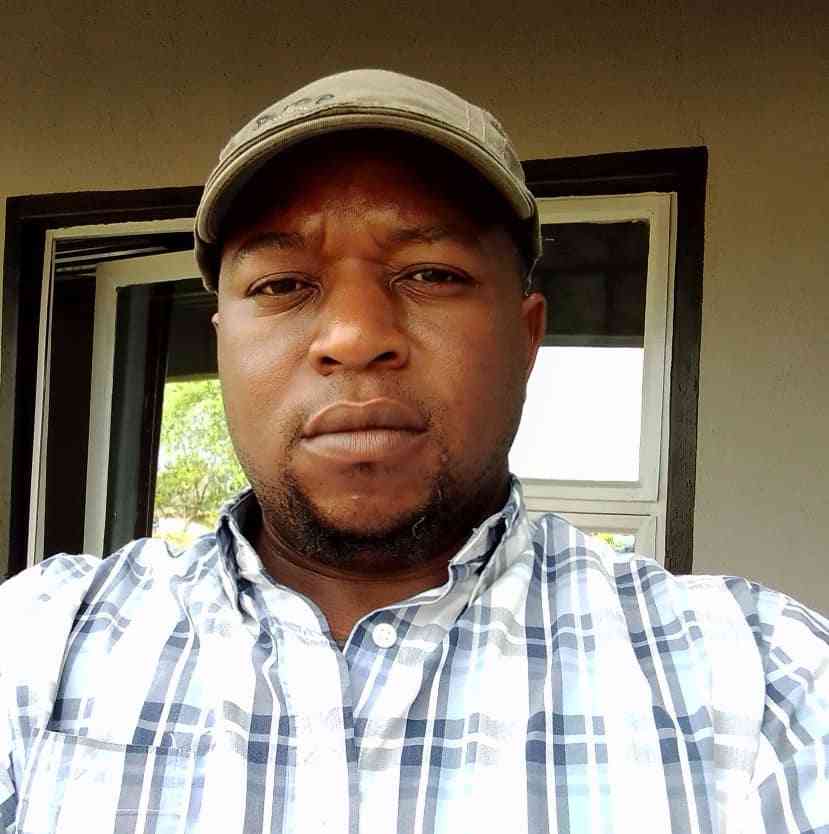BY DR OBADIAH THEMBANI MOYO
On my on behalf and that of my organisation, Rural Libraries and Resources Development Programme (RLRDP), I convey my sincere condolences to Mrs Mhlanga, family and the arts fraternity in Zimbabwe on the passing away of our legend Cont Mhlanga.
My association with Mhlanga dates back to 1986 when I attached to Amakhosi students from Farnebo, a Swedish International Folk High School that studies peace, environment, gender and human rights at international level.
In early 1987 I got a call from Mhlanga requesting for telephone contact details of students I had attached to Amakhosi.
He explained to me that there was a possibility of Amakhosi getting funding from a British based sponsor if they can urgently send to them photographs depicting some of the performances of Amakhosi Theatre.
He recalled that the Swedish students who were attached to Amakhosi took a lot of photos hence his need to reach them.
Keep Reading
- Chamisa under fire over US$120K donation
- Mavhunga puts DeMbare into Chibuku quarterfinals
- Pension funds bet on Cabora Bassa oilfields
- Councils defy govt fire tender directive
On reaching the students by phone, he requested them to send a few photographs to the United Kingdom, which was done. Later, I received a call from Mhlanga indicating that he had received a letter from his UK contact with the news of funding for Amakhosi.
In those years we could only communicate through letter writing and on rare occasions use a telephone.
In one of our discussions, relating the early formation of Amakhosi, Mhlanga informed me how after reading in the local newspaper that a certain donor agent was holding a meeting with some selected organisations at a particular hotel in Bulawayo; he took the newspaper and headed to the hotel.
On arrival he requested to meet the person mentioned in the newspaper and introduced himself and Amakhosi Theatre, outlining their activities that required funding.
He was given an address where he should apply and later got a positive response to his application.
The above two examples reveal Mhlanga as a sharp minded person with extraordinary ways of executive his tasks.
In the 1990s, Amakhosi Theatre and Rural Libraries Programme were funded by the Norwegian Agency for Development Cooperation (NORAD).
A number of NORAD partner meetings were held in Harare where we would both spend a number of days at such meetings.
We assisted NORAD to develop their Arts and Culture Country Strategy for Zimbabwe. We were later invited to be advisors to the NORAD officers responsible for arts and culture.
This kind of engagement developed a very close collaboration between Amakhosi Theatre and RLRDP.
As a prolific writer himself, he was very interested in the operations of the RLRDP. In later years some of Mhlanga’s colleagues at Amakhosi, including Priscilla Sithole Ncube, Ndumiso Ncube among others accompanied RLRDP throughout the country and in Tanzania, filming our activities.
International students, teachers, museum curators and librarians from such countries as Sweden, Norway, Finland, Denmark and United States, among others and librarians from the African region on learning programmes to RLRDP would also have an exposure at Amakhosi.
These visitors were always impressed with Mhlanga’s skills and interest in sharing his knowledge in the arts and exchange of experiences and ideas.
Mhlanga was grassroots grounded and with his rural and township links, always stood for the rights of the common person, whose aspirations were revealed in his writings, plays and public presentations.
We had at times lighter moments where we would share our life experience and burst into laughter.
Makokoba township was the source of his inspiration, with so much diverse cultures and easy lifestyle of Makokoba, he had many stories from there to share.
He told me how he became a hit in Makokoba after he identified a couple of musicians who performed at beer halls in Makokoba; invited them to come along with him to Harare for musical show performances. They never imagined that they will travel to Harare by aeroplane and be booked in a hotel.
On return to Makokoba they told everybody they met what Mhlanga had done for them and shared their experiences of their first time travel by plane, the stay in a beautiful hotel, the nice food and the lovely time they spent in Harare.
Mhlanga also shared with me the occasion when his briefcase with valuable documents was stolen from him.
He alerted some youths from Makokoba about this and they assured him that “Malume Mhlanga, relax we will get the guys who stole your briefcase”.
Within a few hours they brought his briefcase with all the documents, together with the boys who had stolen the briefcase. The boys were crying and asked for forgiveness and promised never to steal again from anyone.
Mhlanga says that on the advise of the boys who had caught these thugs, he did not report the matter to the police. Such was the connection and respect that Mhlanga had with the Makokoba township youths.
Mhlanga has left an Amakhosi Theatre brand and ladder that anyone who wants to achieve greater heights in the arts industry can climb.
He leaves behind a very rich legacy in the performing arts industry that is an envy of the international community.
The most befitting recognition for Mhlanga is not a national one, but an international one as his works has a global impact.
We do not need to waste time debating that Mhlanga should have been declared a national hero, but deliberate on the most appropriate memory of this legend.
The establishment of an “International College of the Arts” — with a grassroots link, bearing his name is much befitting for such a giant in the arts Industry. This is an idea that I, my organisation and my associates can fully support. There could be other ideas to honour Mhlanga, but one fact about him is that he was a very good mentor.
Farewell friend and colleague. Its only your body that is gone, but your ideas will forever guide our theatre sphere the world over.





